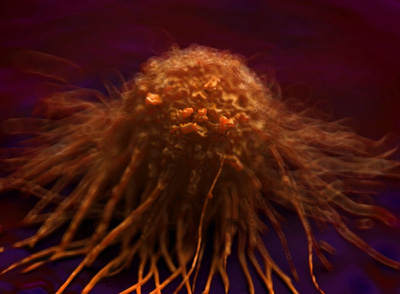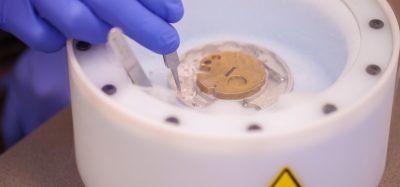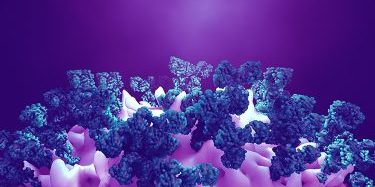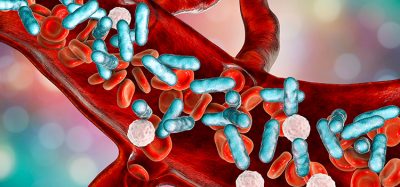Pancreatic cancer initiates an immune system response
Posted: 30 November 2023 | Drug Target Review | No comments yet
Studying pancreatic ductal adenocarcinoma tumours, researchers discovered 25 antibodies that responded to antigens.


Cold Spring Harbor Laboratory (CSHL) researchers have proven that pancreatic cancer initiates an immune system response. Over 90 percent of pancreatic cancer cases are recognised as an aggressive, fatal form of the disease known as pancreatic ductal adenocarcinoma (PDAC).
Scientists have limited knowledge of how the immune system interacts with PDAC, so it is difficult to find treatments. It is believed that patients do not show a natural immune response to the cancer because the tumour environment somehow blocks that response. Numerous researchers are sceptical that PDAC interacts with the immune system at all. However, it is challenging for T cells to infiltrate PDAC tumours, which could help guide future efforts for developing treatments.
In the new study, Dr Douglas Fearon, Professor at CSHL, collaborated with a team including lead author Min Yao, Dr Matthew Weiss from the Zucker School of Medicine, and CSHL Partners for the Future programme participant Sophia Shen from Cold Spring Harbor High School.
They planned to discover a novel antigen found in PDAC tumours only. Detecting a new PDAC antigen may aid explanations of why some patients have more favourable outcomes than others.
Plasma cells in pancreatic tumour samples taken from seven Northwell Health patients were sequenced, and the team then made synthetic antibodies based on that sequence. They hoped the synthetic antibodies would direct them toward the new PDAC antigen responsible for the body’s immune response.
However, the scientists did not find the antibody they were looking for, instead discovering 25 antibodies that responded to antigens from cancer cells and normal cells produced in the body. These antibodies were consistent across patients. Dr Fearon stated: “I was surprised at the clarity of the data, that we had a number of antibodies react with the same antigen from multiple patients.”
Prior belief was that pancreatic cancer suppresses immunity and some researchers have investigated vaccination as a potential solution. Fearon noted that vaccination is likely not required, based on his team’s findings.
“Pancreatic cancer is not immunologically silent. That’s the message,” explained Fearon. “Pancreatic tumours are already immunogenic. We have a challenge in allowing the immune response to attack the cancer.”
This study was published in JCI Insight.
Related topics
Antibodies, Antibody Discovery, Immunology, Oncology
Related conditions
Cancer Research, Pancreatic ductal adenocarcinoma (PDAC)
Related organisations
Cold Spring Harbor Laboratory (CSHL), Zucker School of Medicine








